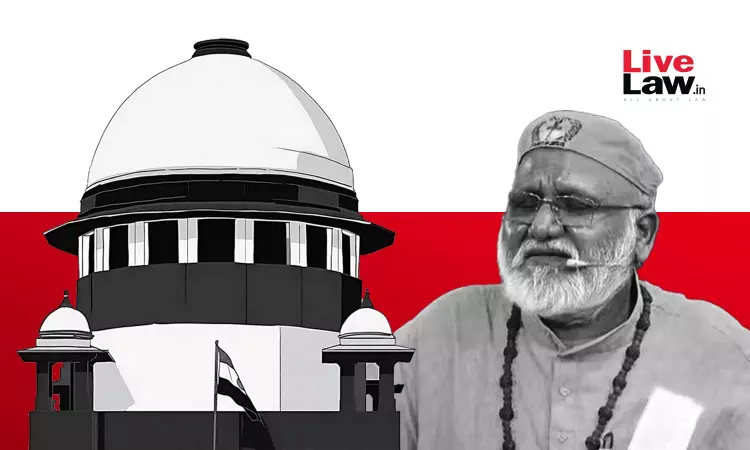The Supreme Court today heard an SLP filed against an order of the Allahabad High Court refusing to quash an FIR lodged against the Vice-Chancellor (Dr.) Rajendra Bihari Lal Director Vinod Bihari Lal and five other officials of the Sam Higginbottom University of Agriculture Technology and Science (SHUATS) over alleged illegal religious conversions.The Court had granted interim protection...

